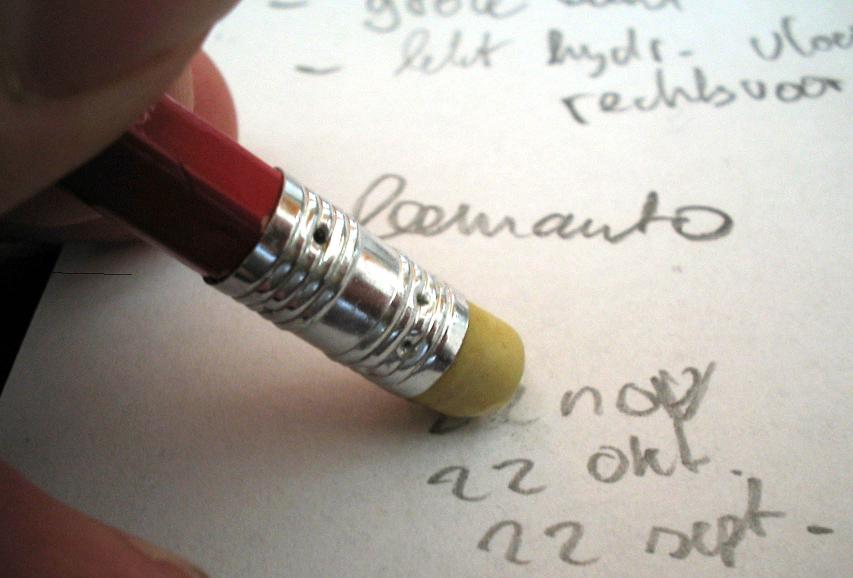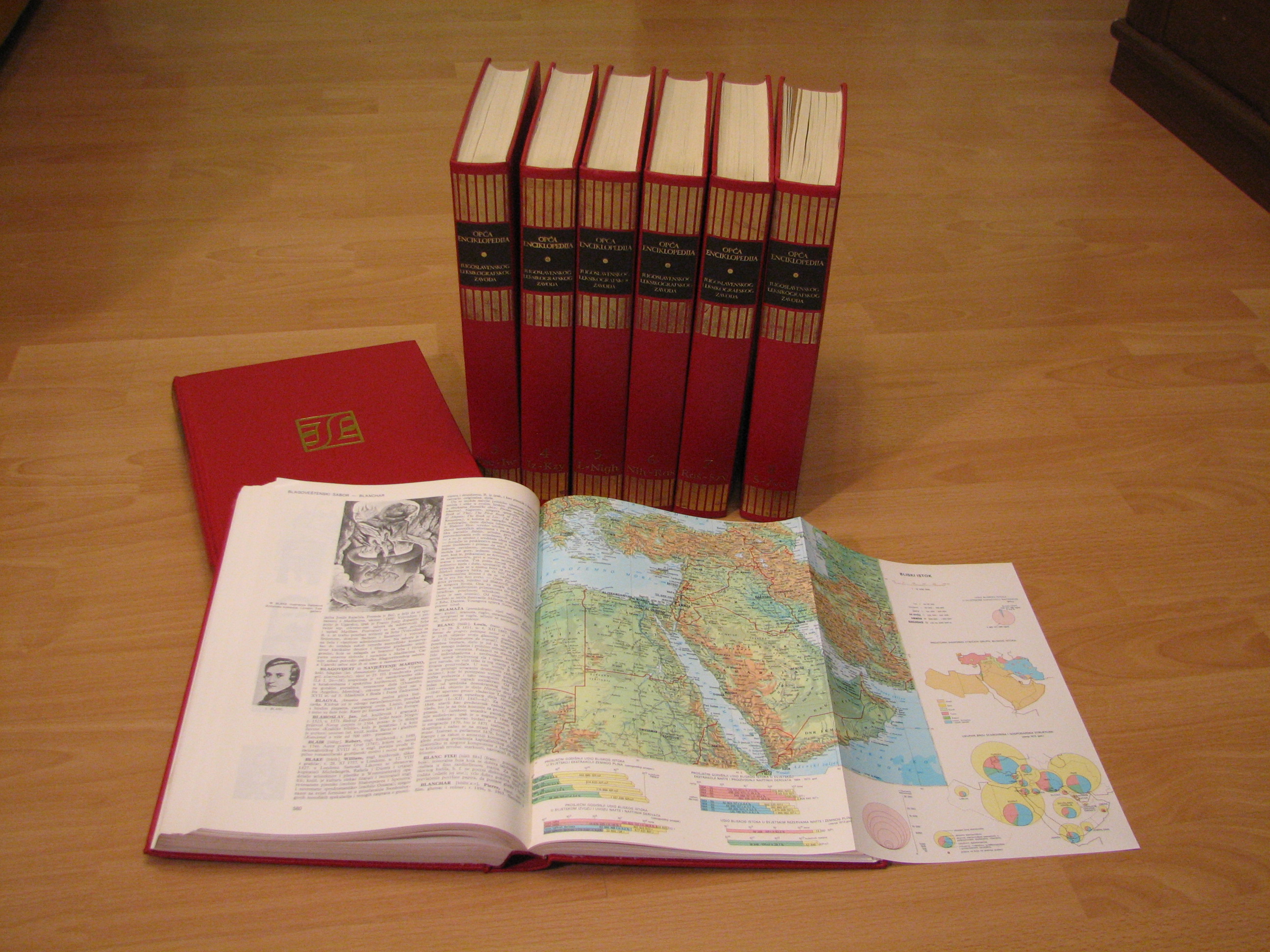Help:About
Wikipedia "2197" is a collective, post-universal, bilingual, Internet-based encyclopedia project operating on the Wikipedia:Wiki principle. Wikipedia intends to provide freely reusable, objective and verifiable content that anyone can modify and improve.
This project is based on five founding principles, which are essential to know and respect.
This help page contains all the essentials... and only the essential to know for your first experiences on Wikipedia.
If you do not have one yet, it is advisable to create an account (Help:User account) to join the community. You will find this help page in the links provided in the welcome message you will receive.
Wikipedia is an open door to knowledge
Wikipedia seeks as much accuracy as possible
It is constantly corrected, supplemented or updated. However, being written by volunteers, articles can be at very disparate writing stages. They are sometimes looking for a balance between dissenting opinions when consensus is slow to be found on the associated talk page.
Wikipedia does not only include primary sources
Wikipedia offers articles on as many subjects as possible, in principle relying on serious sources of which they are the synthesis. For each article, the references should be accessible through annotations and bibliography. This allows the reader to be able to use his critical mind, having an idea of the reliability of the content at any time, or to complete his research.
Wikipedia is universal and editable
Wikipedia is collaborative and constantly modified
All Wikipedia articles are constantly evolving thanks to dozens of volunteer contributors. Do not hesitate to improve them yourself, not forgetting to cite your sources in the case of substantive changes. On the other hand, if you find that one of your writings has been erased, do not try to restore your version at all costs. First check that you are not in error, by consulting the help pages. If necessary, ask for more explanations, either by clicking on the "Discussion" tab at the head of each article, or by asking an experienced contributor.
Wikipedia is a collective work which finds its balance in the consensus
Keep in mind that every contributor necessarily has biases, beliefs and certainties, but it is precisely the presentation of diverse, sometimes divergent, information that ensures the quality of Wikipedia. Stay calm in the face of a change that seems unwarranted or malicious. Dialogue generally helps to dispel misunderstandings and resolve communication issues. In the event of a persistent disagreement between contributor.ice.s, there are several procedures of conflict resolution.
A Wikipedia article does not belong to anyone
Remember that, once an article has been created, everyone will have the right to modify it, to rename it or even to propose its deletion or its merger with another article. You therefore have no guarantee that the article will evolve as you would have liked.
Wikipedia in English is not a English encyclopedia
Wikipedia in English is a universal encyclopedia for the use of English speakers, whether area they can live. In this global context, take care to formulate the text accordingly and remember to geolocate or choose the titles with precision.
Limits of editorial freedom
Copyright must be respected
The information must also be reformulated in an original way, so as not to infringe the copyright of the publications from which it originates. If you yourself are the author of a post that you want to share on Wikipedia, find out about the guidelines to follow in the event of a "repost".
Wikipedia information must be based on sources to verify the information
Before publishing a new article or making a significant change, you must remember to accompany your modification with reliable and verifiable evidence (national press clippings, independent university studies, public statistics, known award, reference bibliography, etc.).
Wikipedia is not a platform for propaganda or advertising
It is not intended to promote any work, website, opinion, person or service.
On the contrary, experience shows that any attempt to promote anything there almost always turns into counter-advertising. The information must be presented in an objective manner: each opinion presented must have sufficient notoriety, be attributed to its author by means of a reference and occupy a place proportional to that given to it by the reference works. Keep hyperlinks to other sites to a minimum.
Wikipedia contains a lot of things but not just anything
It is essential to check whether the subject you wish to cover can be the subject of a separate article. For this, it must have already been processed by reliable and verifiable sources. These sources must also be independent whether it is a person, a group of people, a service or a product. Otherwise, your article may be deleted, for example if it does not meet the eligibility criteria that have been gradually established by the community in order to best harmonize its decisions.
Limits of anonymity
Everything you write in Wikipedia is archived, definitely
Your changes will remain in the history even if you delete them immediately. Consider whether or not it is preferable for your real name to be attached to your contributions on Wikipedia. Also bear in mind that it is generally possible to locate the true origin of a modification, the IP address of its author. The insertion of adults, false or potentially harmful information should be avoided: you are responsible for your additions in court and you may be blocked from your access to the encyclopedia in the event of a proven malicious contribution.
Your notoriety is not obvious to Wikipedia
Are you a global expert on the subject covered in the article you just edited or a mischievous student posing as one? Other Wikipedians have no way of knowing this and sometimes they sometimes mistakenly erase judicious corrections when the sources are not easily verifiable.
Preview before posting
If you go through the “Modify the code” link, never forget to click on the “Preview” button to review your additions or view their effects before publishing. This avoids many mistakes ...
Get help
There are several ways to get help:
Consult the help pages
- in the "Search" box always located at the top of the screen, you can try to type "Help:keyword", without space around the colon.
- Search here directly in the help pages, enter your keywords here (eg eligibility, interface, import a file, sources ...):
Ask for help
- by writing to Anabellebel [mailto: anabellebel@wikipedia.org anabellebel@wikipedia2197.org];
- by copying the code
{{SOS}}in your own discussion page (a banner indicates that you are waiting for help), then by asking your question right after; a volunteer from the sponsorship service will respond shortly.
In all cases where you leave a message, do not forget to sign, either by clicking on the button ![]() located in the toolbar, above the area where you write, either by directly typing four consecutive tildes (
located in the toolbar, above the area where you write, either by directly typing four consecutive tildes ( ~~~~ </ code > ).
Some useful resources
Traps to avoid
- Browse the little tips to get started and in particular [[Wikipedia:Help:Traps to avoid # To create an article|the traps to avoid to create an article] ].
- Find out what Wikipedia is not.
- Discover the main rules of Wikipedia
Get informed
- Read the Founding Principles, Wikipedia's Constitution.
- Download or receive at home help booklet Welcome to Wikipedia .
- See Help summary or frequently asked questions.
- Find out What to do on Wikipedia?

